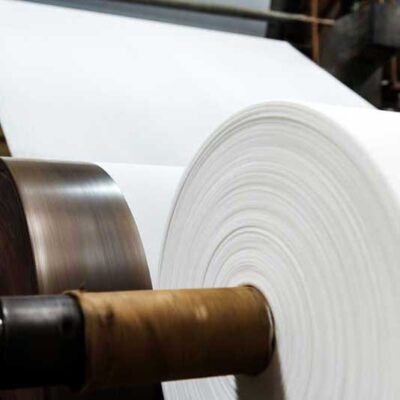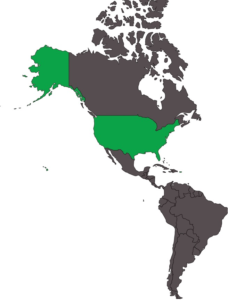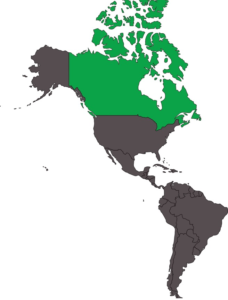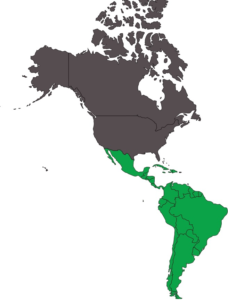Technical Applications
Enzymes play crucial roles in Technical applications such as detergents, textile processing, pulp and paper processing, general chemical synthesis, and biofuel production in North America (US, Canada, and Latin America). Similar to enzymes used in other sectors (e.g., food and feed), enzymes improve sustainability of all aspects of modern manufacturing. For example, given their nature as proteins, they are readily biodegradable and have a low potential of causing adverse effects in humans (workers, consumers and their pets) and the environment (see the Sustainability page). Let’s explore some technical applications. To learn more about how modern biotechnology will further expand the use of enzymes into exciting new areas please see the Biotechnology page.
Let’s explore some technical applications.

Cleaning
Enzymes that degrade proteins, fats and carbohydrates are important active ingredients in products such as laundry and dishwashing detergents, stain removers and industrial cleaning products, including medical device applications. Enzymes improve the breakdown of specific stains, enhancing the removal by other cleaning ingredients, making detergents more effective. Because enzymes can be optimized to work at lower temperatures, they also save energy through cold wash applications. To learn more, please see “Enzymes the Cleaning Industry (PDF)”.

Textiles
The use of various enzymes (e.g., amylases, cellulases, pectinases, and lipases) has decreased the use of harsh chemicals in the textile industry, resulting in a lower discharge of waste chemicals to the environment, safer working conditions for textile workers, and improved fabric quality.
Pulp and Paper
Enzymes can also help paper makers reduce the use of harsh chemicals such as chlorine bleach. Hemicellulase enzymes such as xylanase can enhance the bleaching efficacy allowing a dramatic reduction in the consumption of chlorine by opening the pulp matrix to allow for better penetration of bleaching chemicals, and better extraction or washout of lignin and the associated dark brown compounds. Enzymes can be used to improve the efficiency of using recycled materials for production of paper and boxes, by allowing the use of less fiber or lower quality fibers.

Biofuels
Enzymes such as alpha-amylase, glucoamylase, invertase and lactase hydrolyze starch, sucrose and lactose into fermentable sugars. The sugars can then be fermented with yeast to produce ethanol. Ethanol fuels can be derived from renewable plant resources or from agricultural byproducts such as potato processing waste streams. Ethanol is used as a 100% replacement or as an extender of petroleum fuels. After biofuel production, the processed agricultural products can be fed into other production streams, including animal feed.

Technical Enzyme Regulations
Links:
Sustainability https://www.enzymetechnicalassociation.org/enzymes/sustainability-2/
Biotechnology https://www.enzymetechnicalassociation.org/enzymes/biotechnology/
“Enzymes the Cleaning Industry (PDF)”
Animal feed
https://www.enzymetechnicalassociation.org/enzymes/sustainability-2/improving-animal-nutrition/
Federal Hazardous Substance Act
https://www.cpsc.gov/Business–Manufacturing/Business-Education/Business-Guidance/FHSA-Requirements
Consumer Product Safety Act
https://www.cpsc.gov/Regulations-Laws–Standards/Statutes/Summary-List/Consumer-Product-Safet-Act
Poison Prevention Packaging Act
https://www.cpsc.gov/Regulations-Laws–Standards/Statutes/Poison-Prevention-Packaging-Act



 In the majority of Latin American countries chemical control legislation is not yet well developed. Chemical control laws are generally limited to the regulation of listed toxic and hazardous substances. Enzymes used in technical applications (e.g., textiles, pulp/paper, biofuels, laundry detergents, etc.) would not be listed as hazardous chemicals in these countries and therefore not regulated under such laws. However, in some countries national inventories are under development and it is likely that current Global Harmonized System (GHS) classifications of enzymes as potential respiratory sensitizers may be taken into account. In addition, some specific technical applications are regulated at the national level. For example, in Brazil, the
In the majority of Latin American countries chemical control legislation is not yet well developed. Chemical control laws are generally limited to the regulation of listed toxic and hazardous substances. Enzymes used in technical applications (e.g., textiles, pulp/paper, biofuels, laundry detergents, etc.) would not be listed as hazardous chemicals in these countries and therefore not regulated under such laws. However, in some countries national inventories are under development and it is likely that current Global Harmonized System (GHS) classifications of enzymes as potential respiratory sensitizers may be taken into account. In addition, some specific technical applications are regulated at the national level. For example, in Brazil, the